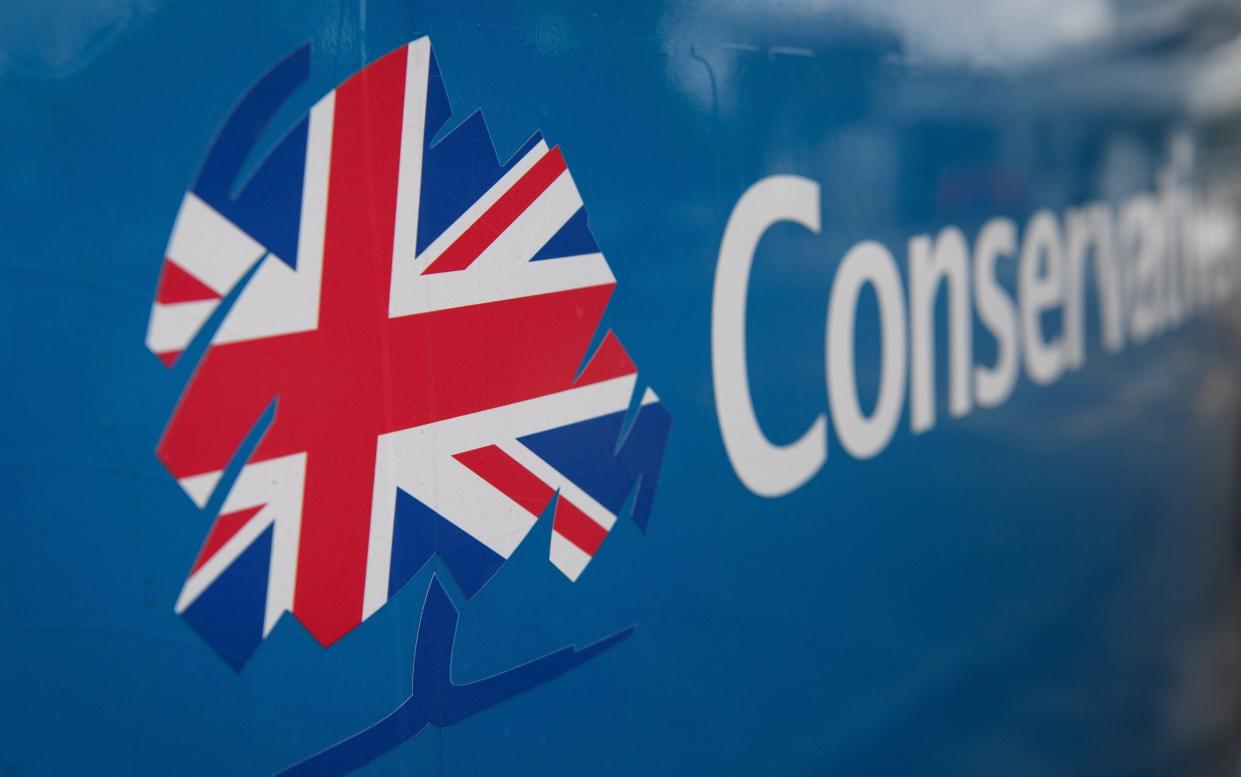Rebuilding the Tory party must start now

Where do the Tories go from here? They have known for months that they should expect a heavy defeat, but the release of the exit poll last night, indicating that the party was heading for its worst result of the modern era, was still an astonishing moment. Today, Sir Keir Starmer can be expected to meet His Majesty the King to form the most Left-wing government since the 1970s, with a majority of a similar size to that won by Tony Blair in 1997.
But the Tories, in their reduced state, will have little time to feel sorry for themselves, or to descend into recriminations while Sir Keir’s plan for Britain becomes clear. For the sake of the country, they will need to find it in themselves to set about the task of rebuilding – initially to provide an effective opposition, and then to offer a compelling vision for the country’s future. But to do that they will have to learn the right lessons from the failure of this campaign, and their record over the last 14 years in office.
The last time the Conservatives were cast into the political wilderness, it took them 13 years to re-emerge. There were moments when it was said that the Tories would never return to power. But the financial crisis changed everything. A rejuvenated party under David Cameron ejected Labour, albeit only in coalition with the Lib Dems.
There is a tendency now to view Lord Cameron as a political wet, but his record in government spoke otherwise. He reined in spending, reformed education, and took a robust approach to welfare, introducing a benefits cap. In this and much else – including his uncompromising stance on Islamist extremism – he went further than the political class would dare go today. These conservative policies, along with the promise of a referendum on Britain’s membership of the EU, were enough to win the Tories a majority in 2015, an unexpected victory which this newspaper celebrated.
It was the idea of a new conservatism built around the 2016 Brexit coalition that gave the subsequent administration of Theresa May initial promise. The Telegraph backed her determination to deliver the referendum result, while regretting that her position on Brexit had not been “tested to the full in the course of countless hustings”. That turned out to be prescient. Her political deficiencies became obvious during the 2017 election, and the country was left a handful of seats away from the disaster of a Jeremy Corbyn government. We were alone in the British media in arguing that her Brexit deal should be rejected. It threatened to tear apart the Tory coalition.
Boris Johnson now had his moment, and we supported him and his optimistic brand of conservatism wholeheartedly. His promise to get Brexit done won the Tories a huge majority. But the arrival of the pandemic showed the dangers of Tory governments falling in with technocrats and forgetting their principles. We were quick to oppose his embrace of lockdowns, whose disastrous effects become more apparent by the day. Nor was his belief in net zero and a big state wise for a country that had left the EU and needed to make its own way in the world.
Liz Truss did recognise this, and she gained our backing because she saw that Conservatives have to win the intellectual battle with the Left, and dared to talk about economic growth. Regrettably, the execution of her plans was a fiasco, and it came to Rishi Sunak to restore market confidence.
But the Tories also lacked a plan for fixing the country. The public can see that Britain is not working. They can also see that the situation could get much worse. It is not just the international situation that is alarming. The economy seems incapable of generating strong growth, while debt continues to mount. We have yet to see the full consequences of the mass immigration experiment, but the rise of political sectarianism is worrying. The refusal of successive governments to take energy security seriously has heightened the risk of blackouts. Millions languish on benefits. All the while, inefficient public services threaten to drag the rest of the country down with them.
The campaign gave no sign that any party had the ideas or the will to grapple with these challenges. Indeed, its great failing was that, while it centred around the electorate’s desire for “change”, no side had a credible plan for bringing it about. The public wanted a choice between two competing visions of the future. They wanted to know their votes would achieve something beyond replacing one set of liberal metropolitan politicians with another set from a different party, all of whom seem to think the country is fundamentally fine.
It is not, and until the political class realises this, the public will continue to deliver these highly volatile electoral results. Indeed, Labour should expect its own challenges in the years ahead. The Tories’ best hope is to return to the optimistic conservative values that have served them, and the country, so well in the past.

 Yahoo News
Yahoo News 
